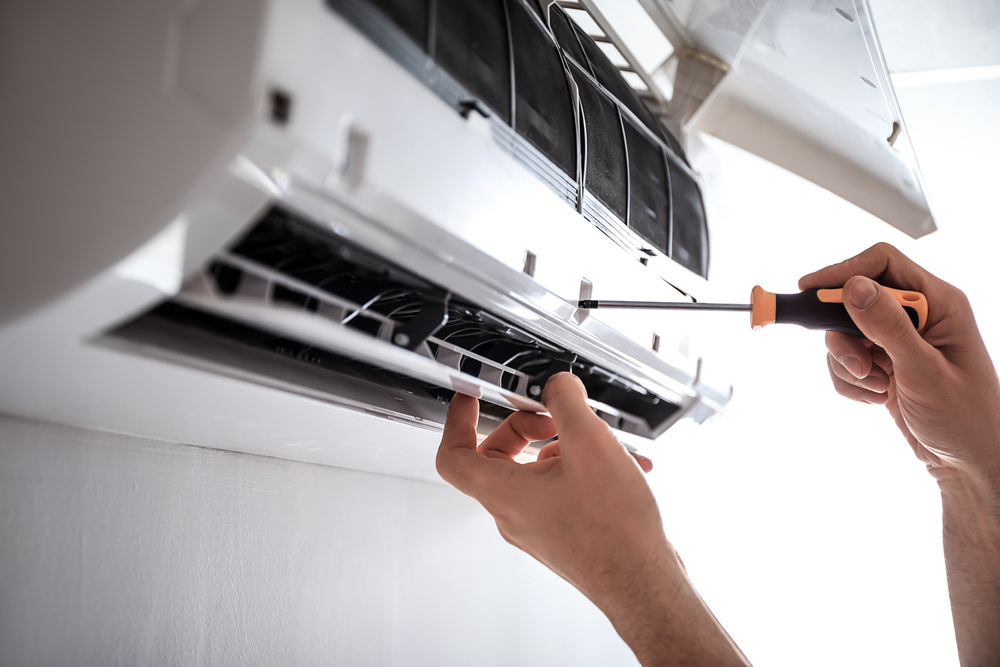Call or Text
801-438-4793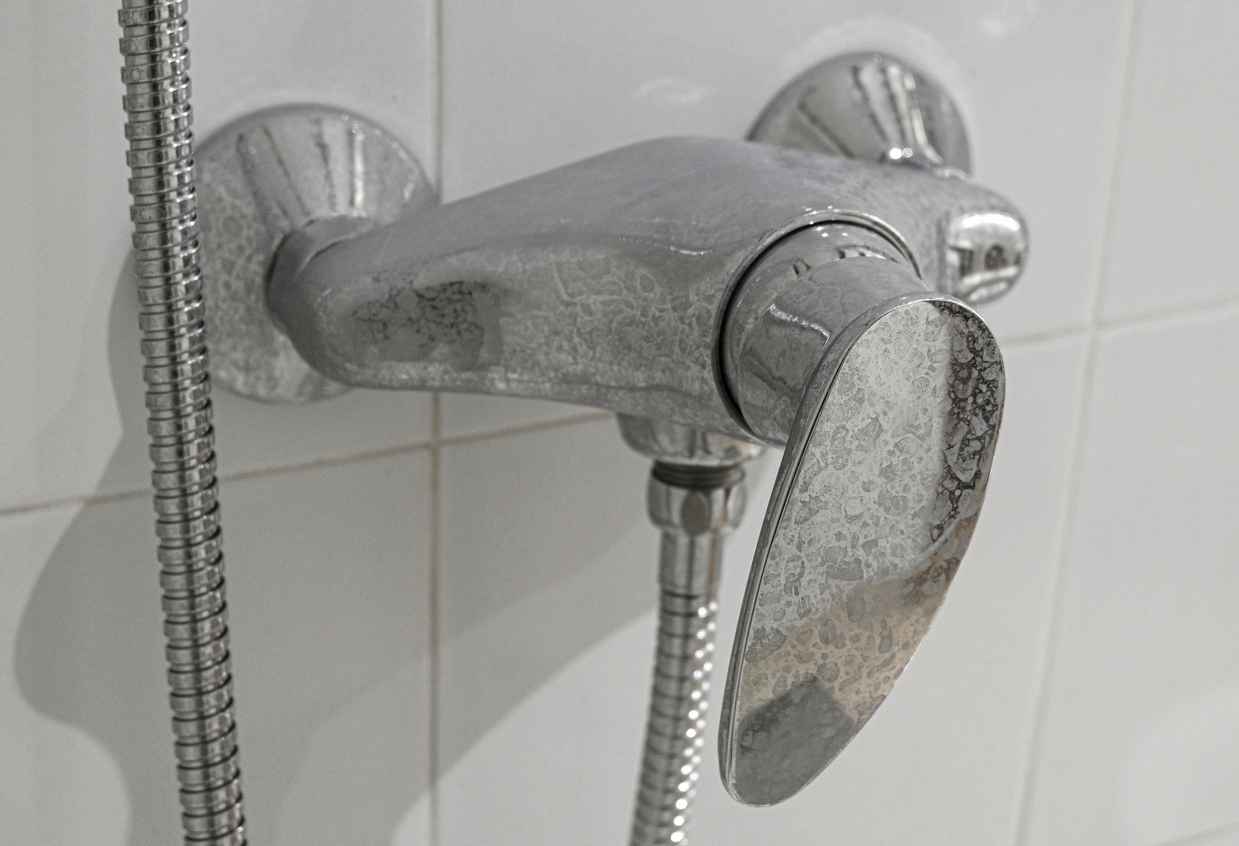
Does Utah Have Hard Water?
September 21, 2023
Water is often referred to as the elixir of life, an indispensable resource that sustains our daily existence. Yet, not all water is created equal. Across the United States, the quality of water can vary dramatically from one region to another. One common concern that often arises, especially in states with unique geological features, is the hardness of the water. In the picturesque landscapes of Utah, renowned for its stunning national parks and rugged terrain, the question looms: Does Utah have hard water?
Superior Water & Air will be sharing the intricacies of Utah’s water quality, uncovering the truth about whether the “Beehive State” is plagued by the challenges of hard water. In this blog, we’ll delve into the science behind water hardness, its potential impact on daily life, and what residents and visitors alike need to know about Utah’s most vital liquid resource.
What is Hard Water?
Hard water is a term used to describe water that contains a high concentration of dissolved minerals, primarily calcium and magnesium ions. These minerals are naturally present in the earth’s crust and can find their way into groundwater as it percolates through rocks and soil. When water comes into contact with minerals like calcium and magnesium, it dissolves them and becomes “hard.”
The degree of water hardness is typically measured in grains per gallon (GPG) or parts per million (ppm) of minerals. Water is considered:
- Soft: If it contains less than 1 GPG (or less than 17.1 ppm) of calcium and magnesium ions. Soft water is typically characterized by its minimal mineral content and is less likely to leave scale buildup or soap scum.
- Moderately Hard: If it contains between 1 to 3.5 GPG (or 17.1 to 60 ppm) of calcium and magnesium ions. Water in this range is still relatively manageable but may leave some scale buildup over time.
- Hard: If it contains between 3.5 to 7 GPG (or 60 to 120 ppm) of calcium and magnesium ions. Hard water can be problematic as it tends to leave significant scale deposits in plumbing, appliances, and on fixtures. It can also make it harder to lather soap and detergents, leading to increased water usage.
- Very Hard: If it contains more than 7 GPG (or over 120 ppm) of calcium and magnesium ions. Very hard water can cause severe scaling issues in pipes and appliances, reduce the effectiveness of soaps and detergents, and may require water softening treatment for practical use.
How Do I Know if My Home Has Hard Water?
Determining whether your home has hard water can often be done through observation and simple tests. Here are some common signs and methods to help you identify if your home has hard water:
- Scale Buildup: Check your faucets, showerheads, and plumbing fixtures for white or chalky deposits. These deposits, known as scale or limescale, are a telltale sign of hard water. The more significant the buildup, the harder your water likely is.
- Soap and Detergent Lathering: Hard water can make it challenging to lather soap, shampoo, and detergents effectively. If you notice that you need to use more soap or experience reduced lathering, it could be an indication of hard water.
- Stiff or Dingy Laundry: Clothes washed in hard water may feel stiff, scratchy, or appear dingy and discolored over time. This happens because hard water minerals can interfere with the cleaning process and leave soap residue on fabric.
- Dishware and Glassware: Hard water can leave spots, streaks, and a cloudy film on dishes and glassware, even after they’ve been through the dishwasher.
- Reduced Appliance Lifespan: If you’ve had recurring issues with appliances like water heaters, dishwashers, and washing machines, it could be due to scale buildup caused by hard water. Frequent repairs or replacements may be a sign of hard water problems.
- Low Water Pressure: Accumulated scale in plumbing fixtures can restrict water flow and reduce water pressure over time.
Is There Hard Water in Utah?
Yes, Utah is known for having hard water in many areas. The state’s geological makeup, characterized by its extensive rock formations and mineral-rich soil, contributes to the presence of high levels of calcium and magnesium ions in the groundwater. As a result, many regions in Utah experience water hardness, and residents often encounter the common signs of hard water, such as scale buildup on fixtures and appliances, reduced soap lathering, and potential issues with laundry and dishwashing.
The degree of water hardness can vary across Utah, with some areas having moderately hard water and others experiencing very hard water. The specific hardness level will depend on your location within the state. If you are a resident or planning to move to Utah, it’s advisable to have your water tested to determine its exact hardness level and consider appropriate water treatment solutions if necessary, such as water softeners or scale prevention systems.
Water Treatment Services in Utah
With an unwavering commitment to enhancing the water quality of homes throughout Utah, Superior Water & Air has become synonymous with transformation. With our team by your side, you’re not just combating the inconveniences of scale buildup, soap inefficiency, and appliance wear; you’re unlocking a world of purer, more efficient, and cost-effective water usage. Contact us today to learn more about our water treatment services.
Recent News
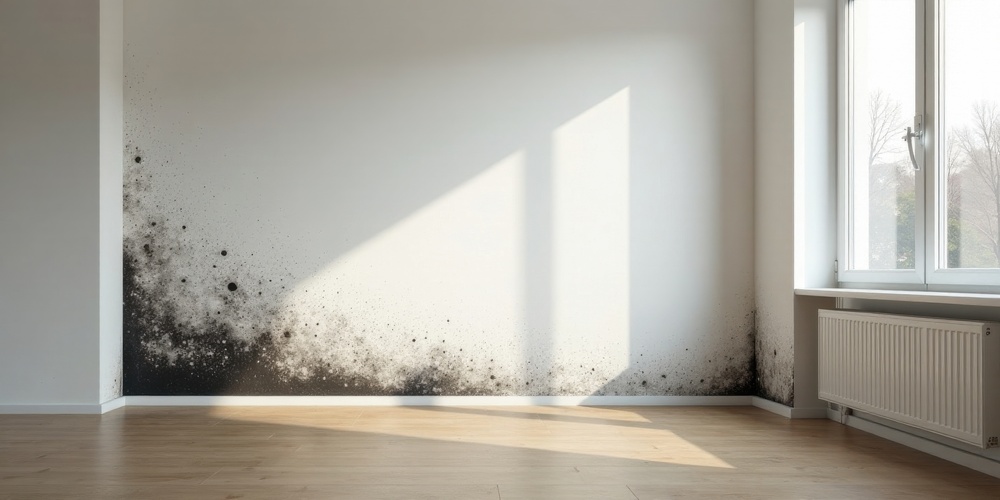
How to Prevent Mold in a Utah Home After Plumbing Repairs
September 11, 2025
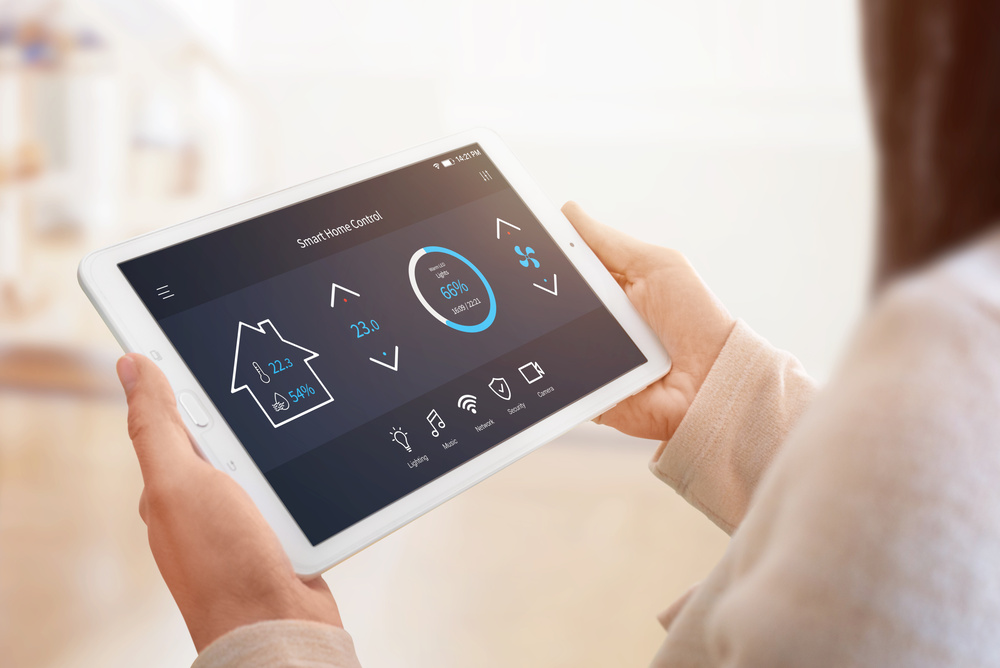
A Utah Homeowners’ Guide to Smart Thermostats
September 10, 2025
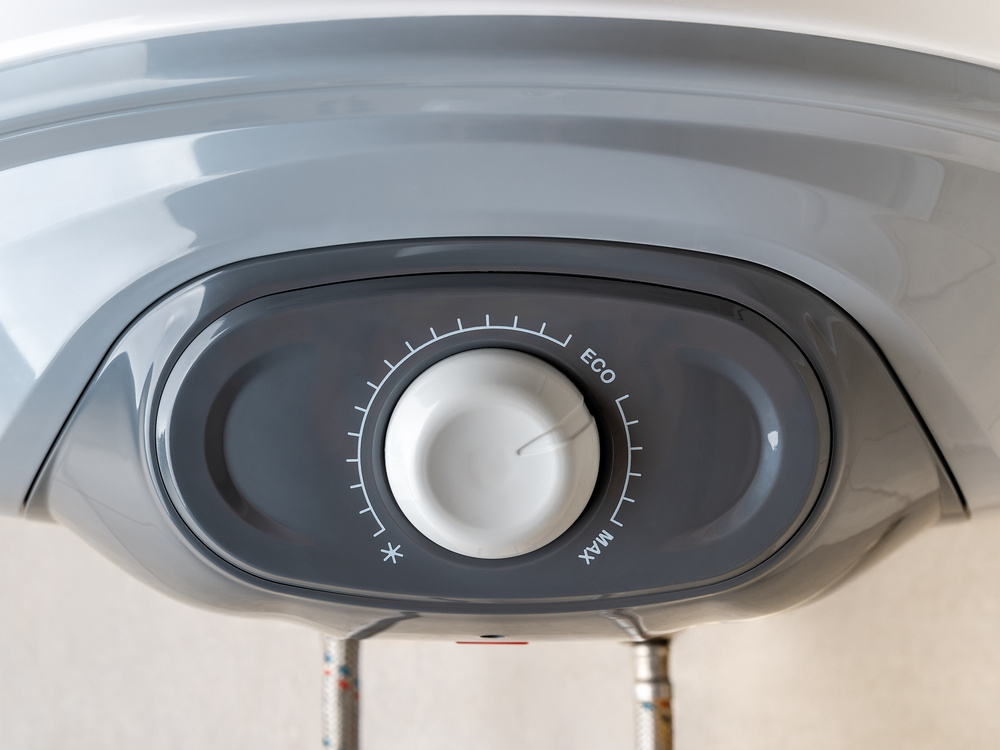
My Water Heater’s ECO Switch Keeps Tripping – What Does It Mean?
August 21, 2025

Calling a Contractor for HVAC Services Shouldn’t Be a Nightmare
August 20, 2025

7 Hidden Fittings That Make Your Plumbing Work
July 21, 2025
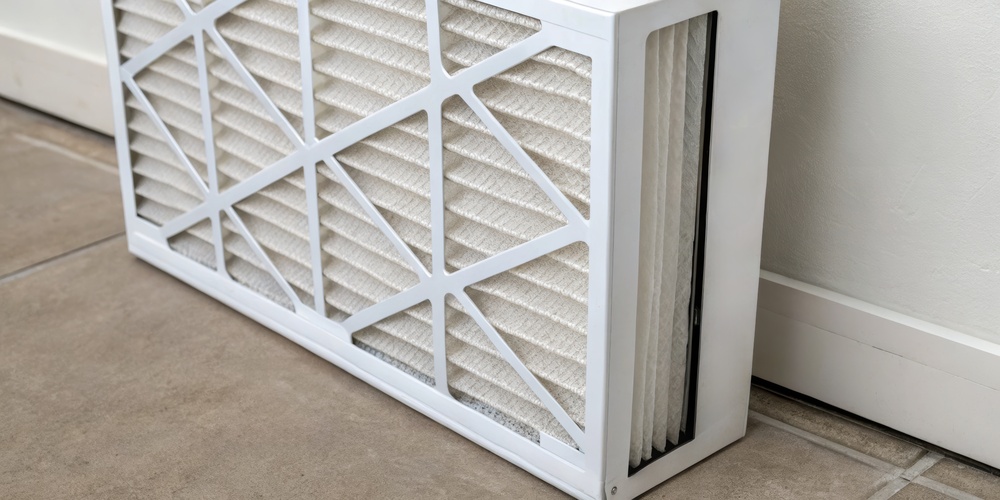
Never Underestimate the Value of Your Furnace and AC Filter
June 25, 2025
